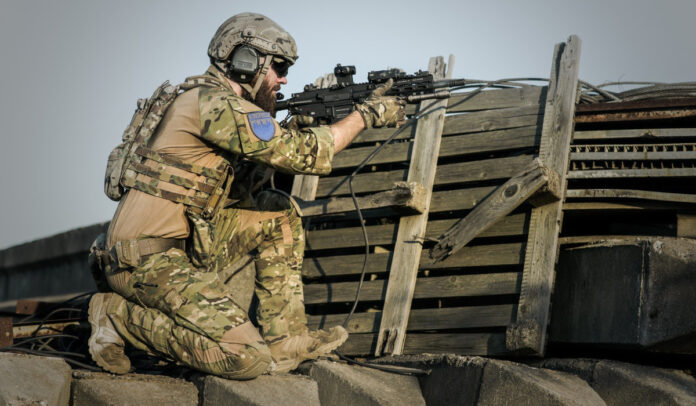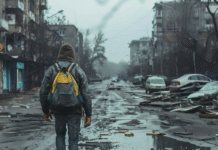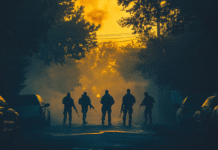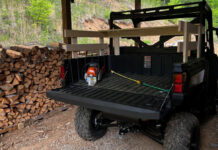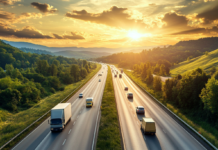I was watching YouTube yesterday afternoon, and I fell asleep in the middle of a video on beekeeping and woke up about an hour later to a video from a prepper about things that can kill you. (Thank you, YouTube algorithm.) Interestingly, the first and second things on the list were a lack of food and water.
So I restart the video and am surprised to learn that the theme of the video seems to be that prepping isn’t all about guns and you should take some of that cash you spend on hardware and invest it in survival food.
It served as a good reminder that not everyone approaches prepping in the same perspective.
Guns vs Food
One year, my daughter gave me a T-shirt that said “I love my guns” in big letters, and then in smaller letters it added “and like maybe three people.” We all laughed because they could have designed that T-shirt just for me. Yep, I do love me some guns.
I owned guns before I became a prepper. I stockpile ammo, magazines and spare parts, and I own body armor, plate carriers, and all sorts of tactical gear. I’ve trained with at least three nationally known firearms trainers, covering pistol, shotgun, and carbine, and I to drive home that training, I’ve competed in three-gun events. I carry a gun every day and have for more than 25 years, including on the job. I think guns play a critical role in prepping and survival, but I don’t think they are more important than food and water.
Guns may help when the boogie man kicks in your door, or when the Chinese invade. They may necessary when the government over reach gets out of hand. But there are more temporary survival scenarios where force of arms will not solve the problem than there are scenarios where firepower is the answer.
When your power goes out, your gun won’t keep you warm or light the dark halls of your home. When the next pandemic starts, your plate carrier won’t protect you from germs. If you lose our job, your 9mm pistol won’t feed your kids unless you sell it or turn to a life of crime. When the utilities go down, your armory won’t purify your drinking water.
Owning a Gun Does Not Make You a Prepper
Guns and ammo should be a part of your prepping, but owning guns and ammo doesn’t make you a prepper.
To those that disagree, I have a newsflash: Perfecting your battle belt set up is not more important than stocking your pantry.
In my opinion, the role of firearms in a SHTF scenario is to protect your place, your people, and your stuff. That means you have to have stuff.
Remember what Napoleon reportedly said: An army marches on its stomach. You need good and plentiful food to be an effective fighting force. Without food, you can’t concentrate, your thinking will become muddled, you will grow tired and weak, your coordination will suffer, and finding food will be the only thing you can think of.
Urban vs Rural
I have lived in large cities. I understand why people might need firepower to protect themselves in that scenario, but I question why they don’t move. If you think you need a gun more than food, then I would suggest you are living in the wrong place. Remember, a battle avoided is a battle won.
I am now a rural prepper, living in an isolated location almost an hour from the nearest Interstate and closer to 90 minutes from the nearest large city. In a major societal collapse, I don’t expect to have to bug out or to fight my way anywhere because we live in our retreat. It has gravity fed water and wood heat. We are working on becoming more self-sufficient and raising our own food to complement our stores.
I don’t expect the “golden horde” to make its way from the city, through the suburbs, and to our remote location in a hurry. If they reach this area, then I expect to join those defending it. We may have to defend our “stuff” from marauders, likely fellows who have driven their four-wheelers through this area, hunted in it, and think folks up in this hollow might be an easy target.
Do I want a bunch of heavily armed prior-service dudes on my prepper team? Hell yes! (And we have one or two.) But I want them to have to have other skills as well because we’re probably going to be doing far more day-to-day survival tasks than we will be engaged in firefights. I need someone with the well-rounded skill set; people who can think for themselves, show initiative, and who don’t think all the world’s problems can be solved with a gun yet can rock-and-roll if it comes down to that.
The Taker
Occasionally, you run across people on forums who think that being armed is all the preps they need because they will just find a prepper, kill them, and take their stuff. I think that’s a short-term solution at best. Either their intended victim will kill them or another taker will. Their best bet might be to be absorbed by a band of like-minded people, rovers who move from place to place, stripping it of food and valuables like a plague of grasshoppers before moving on. In a long-term grid-down situation, I think this is going to be the biggest threat to individual preppers and survivors, as well as to our eventual recovery.
After a total collapse, maybe we will eventually revert to a feudal society where the local warlord will rule all he can see with his band of merry men and serfs who work for them. If so, I expect it to be a temporary state, a stepping stone to something better.
Food, Water and Shelter
In a collapse, you will need food, water and shelter every day. You will need your guns less often, but when you need them, you will really need them. Just because I don’t think they are the most important item doesn’t mean I think they are unimportant
My basic prepper recipe for those early in their prepper journey is:
Stage 1
Have a prepper pantry made up of dried and canned grocery store items sufficient to last three to six months
Have two or more ways to purify water in a fixed position and at least one way to do so while on the move. Make sure you also have a way to transport and store water, such as five-gallon pails.
You should have a handgun and at least a .22 rifle. See our prior article on survival weapons, which include specific recommendations and suggest ammo amounts.
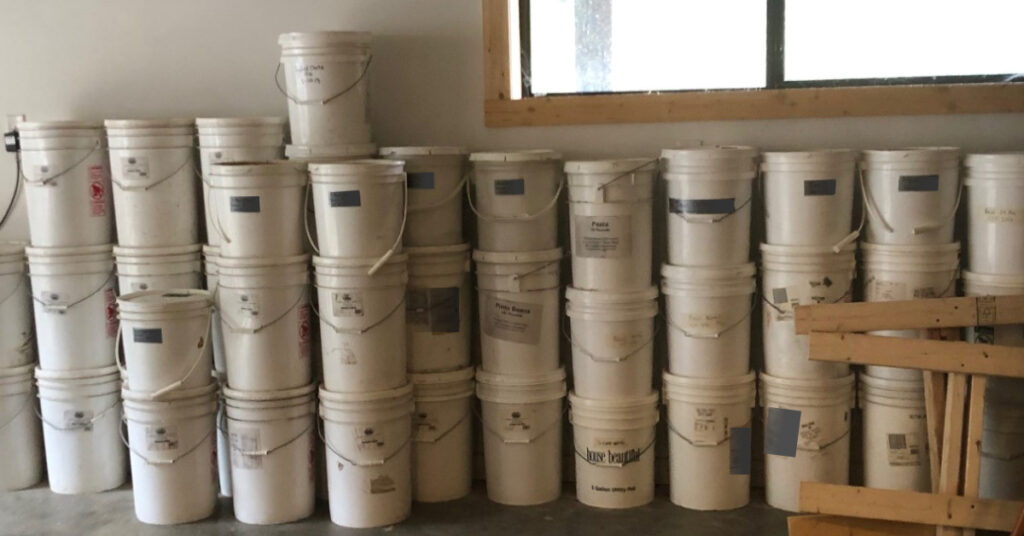
Stage 2
Build up a stockpile of long-term storage food, preferably dehydrated foods (not freeze-dried) in #10 cans and 5-gallon pails. You should have at least six months and preferably two-year’s worth of food.
Develop a larger system of water storage, such as rain catchment device.
Invest in a 5.56 rifle and a pistol for every adult and consider getting a shotgun as well.
Stage 3
If you’ve completed the requirements of stages one and two, then you are a serious prepper and should move to a location better suited to long-term survival. We went for isolation, but there are days I wish we had 20 acres of pasture instead of 20 acres of mountain side. I think a homestead where you can raise some livestock, have a garden, plant an orchard, and work towards greater self-sufficiency is the way to go.
Once you establish your retreat, you can invest in tools, animals, seeds, communications, and start building your prepper network. You can be the place people bug out to.
Yes, one day you may have to defend all this, but in many of the SHTF situations in which we may find ourselves, food will be more valuable than weapons. Invest in food and water, but don’t ignore self-defense.

